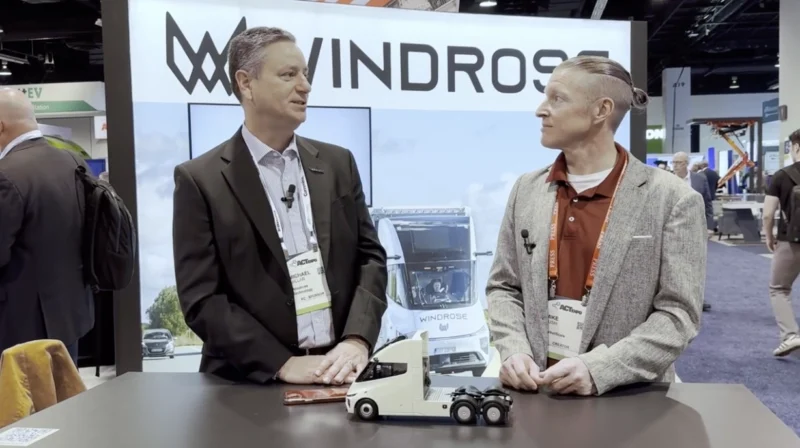Trucks, Trains and The Future of Shipping
The impact of an ongoing trucker shortage is starting to be felt by small businesses across the United States. While a booming economy is good, it only increases the demand for truckers, who are already in short supply. So, what does this mean for the industry and the companies that rely on it?
Bed Times Magazine notes that the problems facing trucking are the same for anyone who needs to ship things long-distance. The report points out that there is a significant and problematic driver shortage that looks to be getting worse before it is expected to turn around.
Another reason things are slowing down involves government regulation and the installation of the Electronic Logging Device (ELD) that actually prevents truckers from driving longer than they are legally allowed. Under the previous method of paper logs, it was not uncommon for truckers to fail to log certain hours in order to stay on the road longer and make more shipments. Now, the ELD prevents this from happening—with the consequence that there are now increased delays and fewer truck-hours available.
All of this is exacerbated by the fact that a growing economy means higher demand for goods, meaning more goods need to be shipped. Further, the online marketplace also increases the demand for trucking, especially short-distance trucking. More goods are moving through the mail and package delivery companies than ever before—a trend that is likely to continue to grow. Thus, trucking prices should be expected to continue to increase.
Companies prefer to ship via truck rather than train because of speed. In order to ship by rail, a business has to load a truck at a warehouse, drive the truck to the train, load the goods onto the train and do the reverse on the other end. All of these extra steps slow down the shipping process. It is this segmented pace that has historically made companies choose trucking over trains.
Of course, with a trucker shortage, that means shipping speeds overall have decreased. This makes rail more attractive for the time being.
The future effects of driverless trucks and new train technologies remains to be seen. The former will of course help solve the driver shortage and thus bring the cost of trucking back down, while the latter will improve both the price and quality of shipping by rail.
Prices convey information about where scarce resources are needed, and right now prices are saying that businesses might be rethinking shipping methods to bring down delivery times, eliminate shortages, and improve efficiency. New technologies will improve all three of these measures, but it will take time for the industry to catch up, and for the new normal to emerge.
Follow us on social media for the latest updates in B2B!
Twitter – @TransportMKSL
Facebook – facebook.com/marketscale
LinkedIn – linkedin.com/company/marketscale








